Riot Games is most famous for its League of Legends title. The multiplayer online battle arena game has one of the biggest esports scenes, with multiple regions contending for the world champion title each year. With so much competition, some esports organizations in the LCS have resorted to throwing money at top-tier talent from other regions instead. John Needham, head of esports at Riot Games has weighed in on the matter in an interview with The Shotcaller.
Riot Games’ Josh Needham on LCS
“We consider the regional leagues to be our talent for the way we develop professionals. We had 15 rookies start and come up out of the European Regional Leagues. That kind of framework has really worked for us,” said Needham in the interview. “It’s great because the EU (has) zero imports. We are competing on the biggest stages in the world for esports and that’s something that I’m hoping to replicate in all of our leagues around the world. (North America) will be next. We’re really going to try to figure out how we can foster talent through the NA system.”
While this trend of importing players may not be as apparent in other regions, it is very visible in the North American League of Legends Championship Series (LCS). Currently, teams in the LCS are required to have three domestic players on the roster of five. While these rules have been implemented by Riot Games, it hasn’t stopped the problem because of workarounds. Instead, teams will import over players and keep them on the roster for at least two years. This way, the foreign players can earn “resident” status and bypass the ruling.
Throwing money at imported players
One example would be Heo “Huni” Seung-hoon, who reportedly signed a two-year contract extension with Dignitas for $2.3 million. Huni joined Echo Fox in December of 2017, making next month when he will achieve residency status. Similarly, Team Liquid top laner Jung “Impact” Eon-yeong was revealed to have signed a three-year contract for $3.4 million.
North American teams have imported players from the League of Legends Champions Korea (LCK) scene at high costs but have not found much success. No American team has won a world championship title yet. Invictus Gaming bot laner Yu “JackeyLove” Wen-Bo even joked about this topic during a press conference. In a response to a question about what steps North America should take to improve, he said to “just import more players.”
In comparison, regions like the League of Legends Pro League (LPL) have a large system around the development of rookies. Regular players of the game are often contacted by multiple esports organizations right before or after they reach the Challenger rank, which is the highest achievable rank and has a cap of slots per server. This system isn’t seen in the LCS, where the progression path to professional play is seemingly only through the LCS Scouting Grounds.
Keep up with Daily Esports for all of your League of Legends coverage.



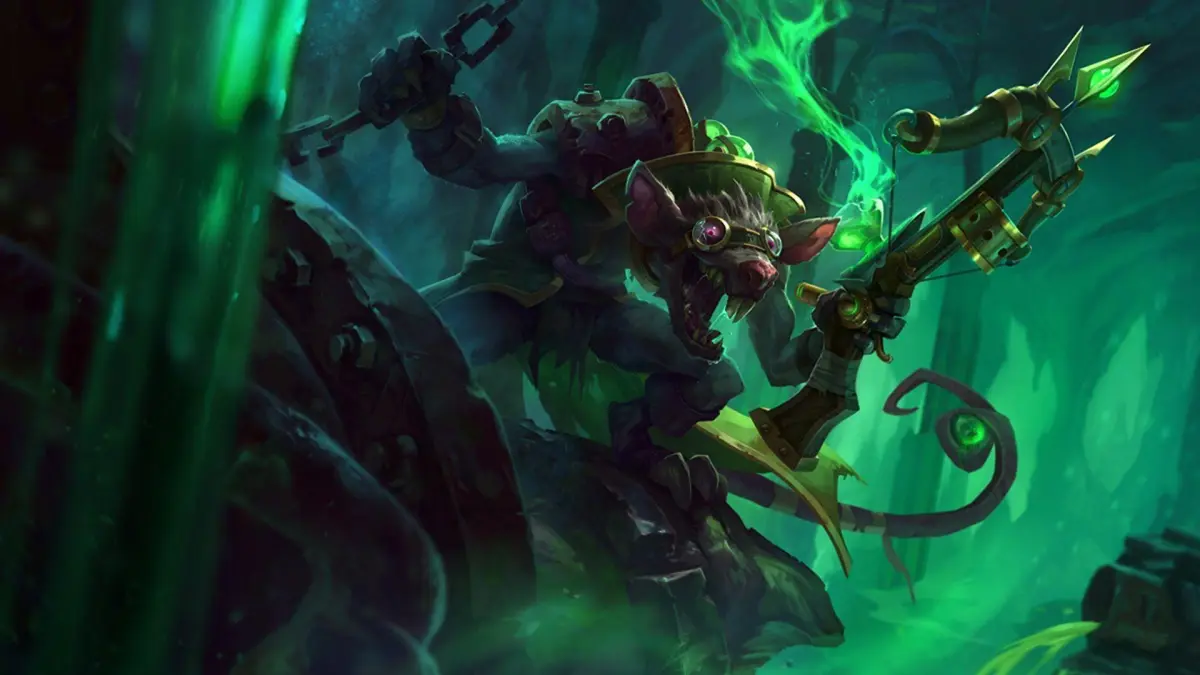
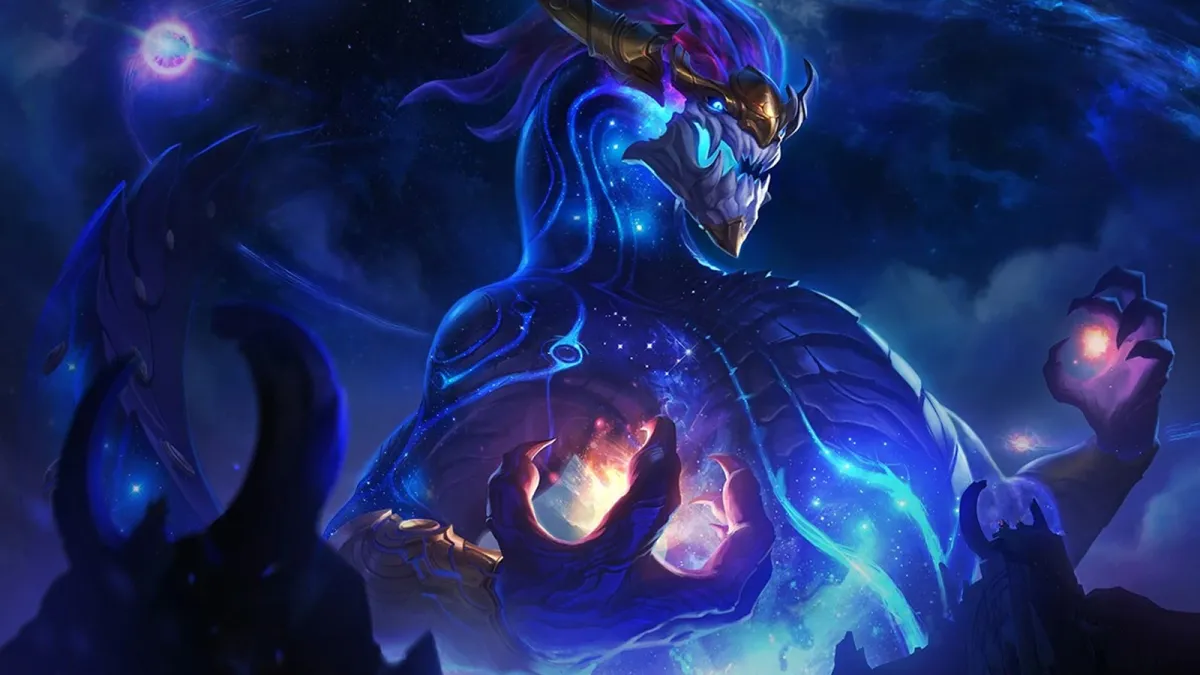
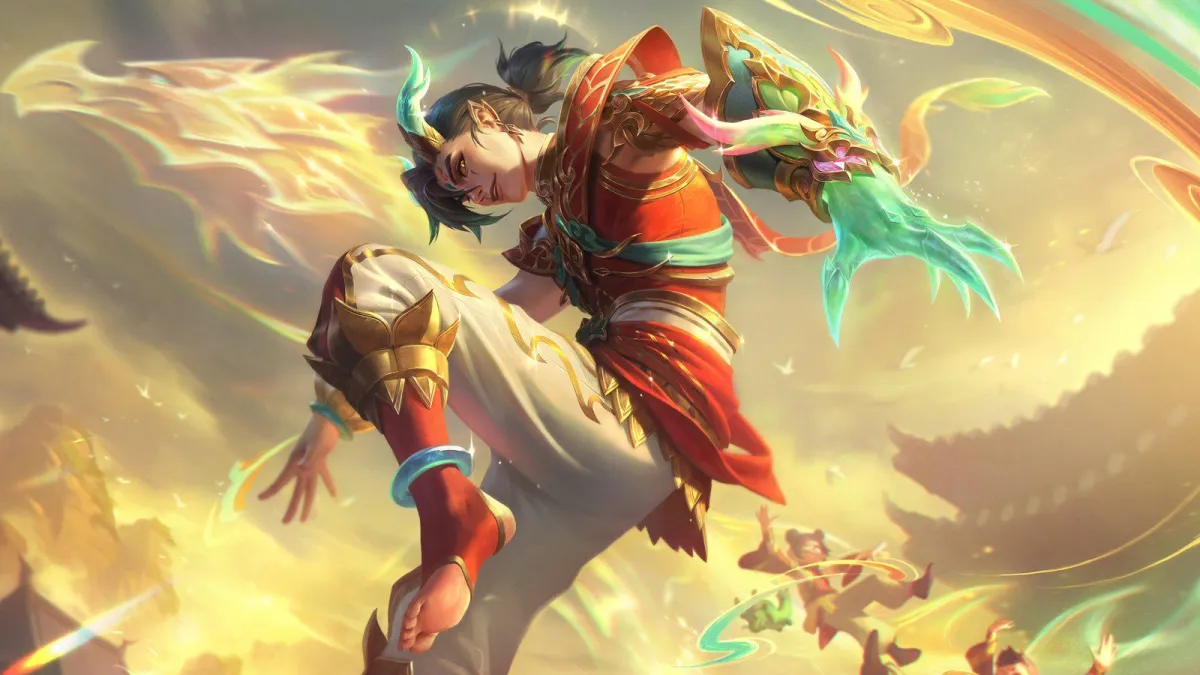
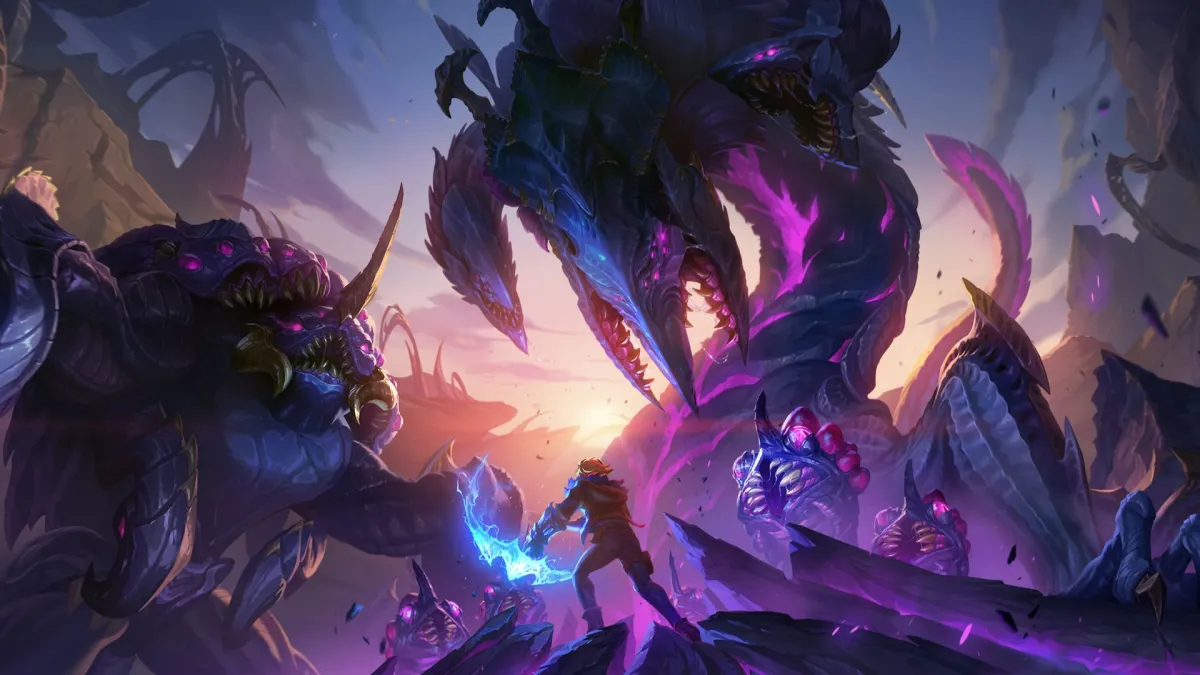
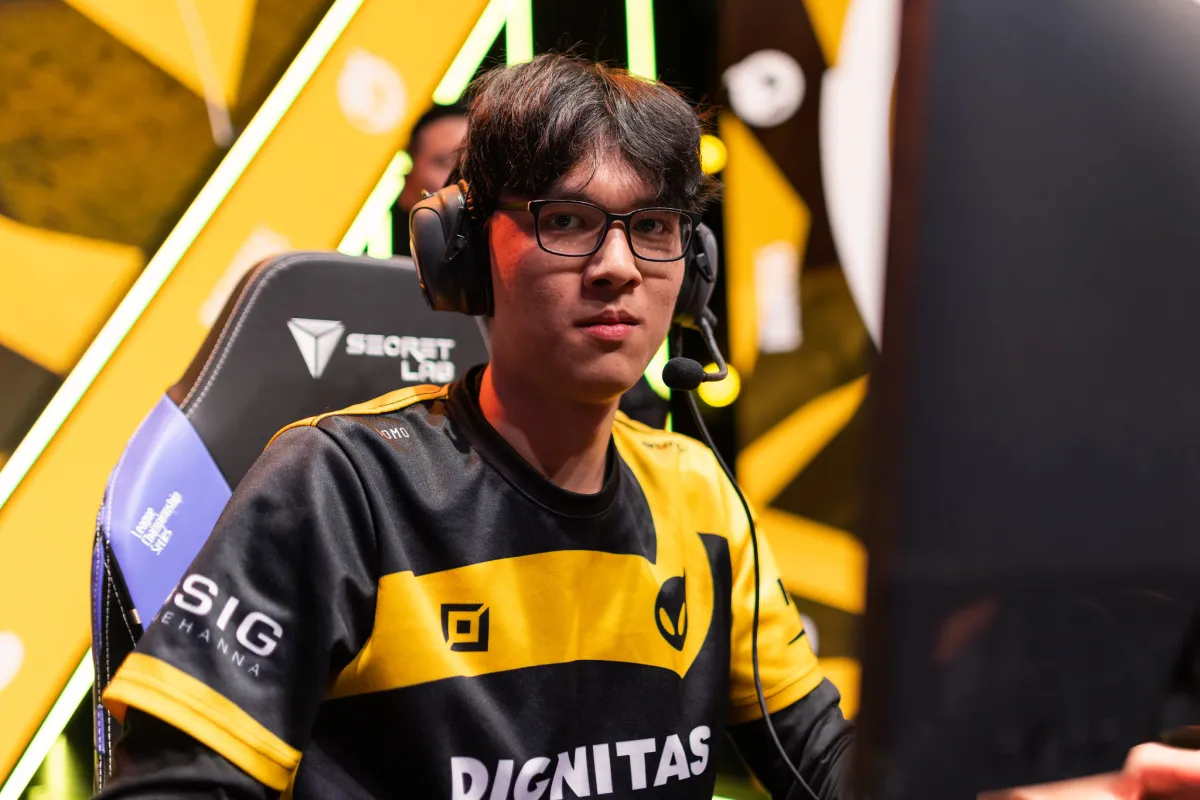
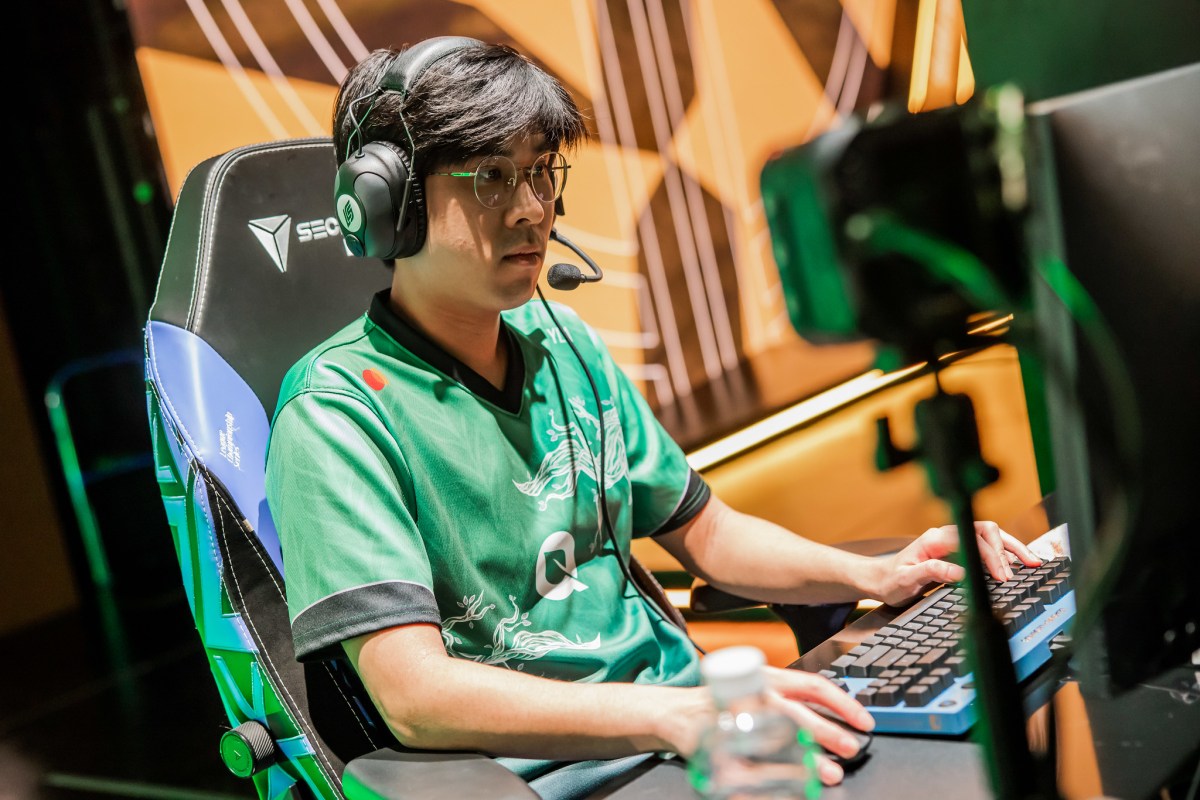




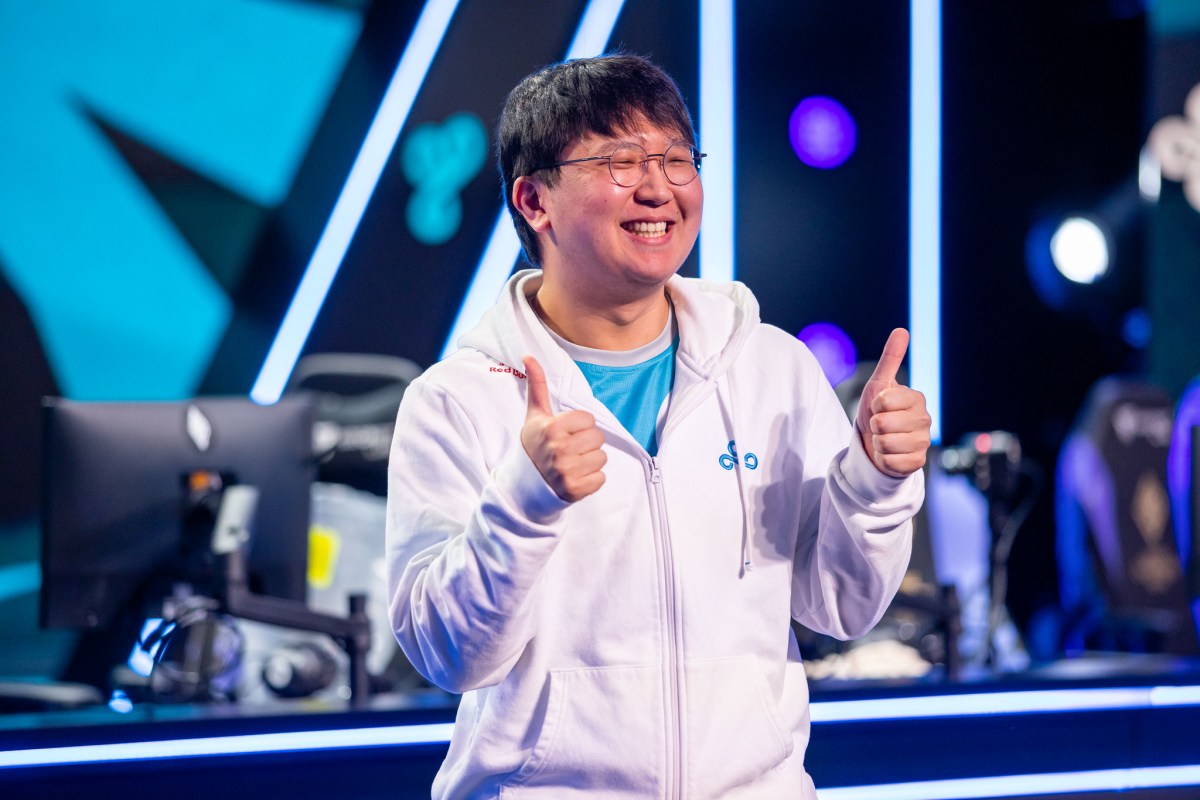

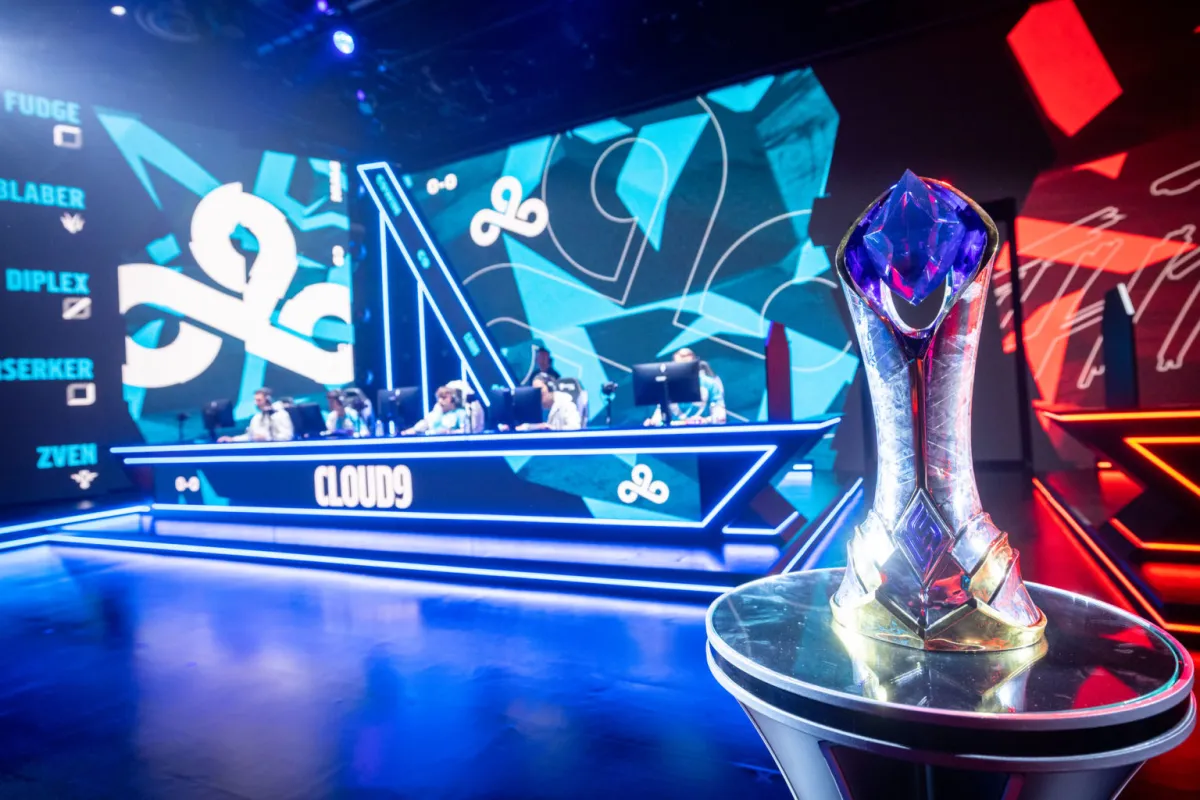

Published: Nov 17, 2019 04:16 am